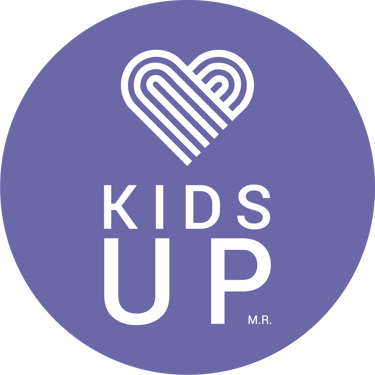Effective Parental Involvement Strategies
Parental involvement is a key factor in the development of protective factors that help prevent risk behaviors in our children. The available evidence suggests that parental involvement in childhood, adolescence and young adulthood is associated with a series of positive outcomes in the development of children and young people.
KIDS UP
1/31/20242 min read


Parental involvement is a key factor in the development of protective factors that help prevent risk behaviors, such as alcohol and drug consumption, in our children. Below are some effective strategies that adapt to the different stages of children's lives.
childhood stage
Establish open and honest communication from an early age.
Create a safe and stable family environment.
Establish clear and consistent limits.
Participate in family and recreational activities.
Teach problem-solving and decision-making skills.
The available evidence suggests that parental involvement in childhood is associated with a number of positive outcomes in child development. In childhood, it is related to greater self-esteem and social competence in adolescence and to greater cognitive ability and better academic performance in adolescence.
Adolescence stage
Maintain open and respectful communication.
Set clear rules and boundaries, but also allow some autonomy.
Get to know your children's friends and be aware of their activities.
Actively participate in school and extracurricular life.
Teach skills to resist peer pressure and make healthy decisions.
The available evidence suggests that parental involvement in adolescence is associated with a number of positive outcomes in adolescent development such as a lower likelihood of engaging in risky behaviors, such as drug and alcohol use.
Teenage School Life
Maintaining open and respectful communication with your teen is an effective strategy for engaging in their school life. Additionally, here are some other strategies that can help:
Attend parent-teacher conferences: Parent-teacher conferences are a great way to get to know your teen's teachers and expectations of her. You can also get information about the school's curriculum and policies. If you are unable to attend a meeting, be sure to contact your teen's teacher by email or phone.
Getting to know your teen's friends: Getting to know your teen's friends can help you better understand her social and school life. It can also help you identify any potential problems.
Participate in school activities: Attending school events, such as sports games, plays, and concerts, can be a great way to support your teen and meet other parents.
Volunteer: Many schools have volunteer programs for parents. Volunteering can be a great way to get involved in your teen's school life and make a positive difference.
Young adulthood stage
Maintain open and supportive communication.
Promote responsibility and informed decision making.
Provide emotional support and guidance in planning for the future.
Offer resources and opportunities for the development of skills and talents.
Set realistic expectations and encourage goal setting.
The available evidence suggests that parental involvement in young adulthood is associated with a number of positive youth developmental outcomes. For example, one study found that parental involvement in young adulthood is related to greater job satisfaction and a greater likelihood of having a stable job, is associated with higher self-esteem, and a greater ability to manage stress.
Parental involvement is a key factor in the development of protective factors that help prevent risk behaviors in our children. The available evidence suggests that parental involvement in childhood, adolescence and young adulthood is associated with a series of positive outcomes in the development of children and young people.
